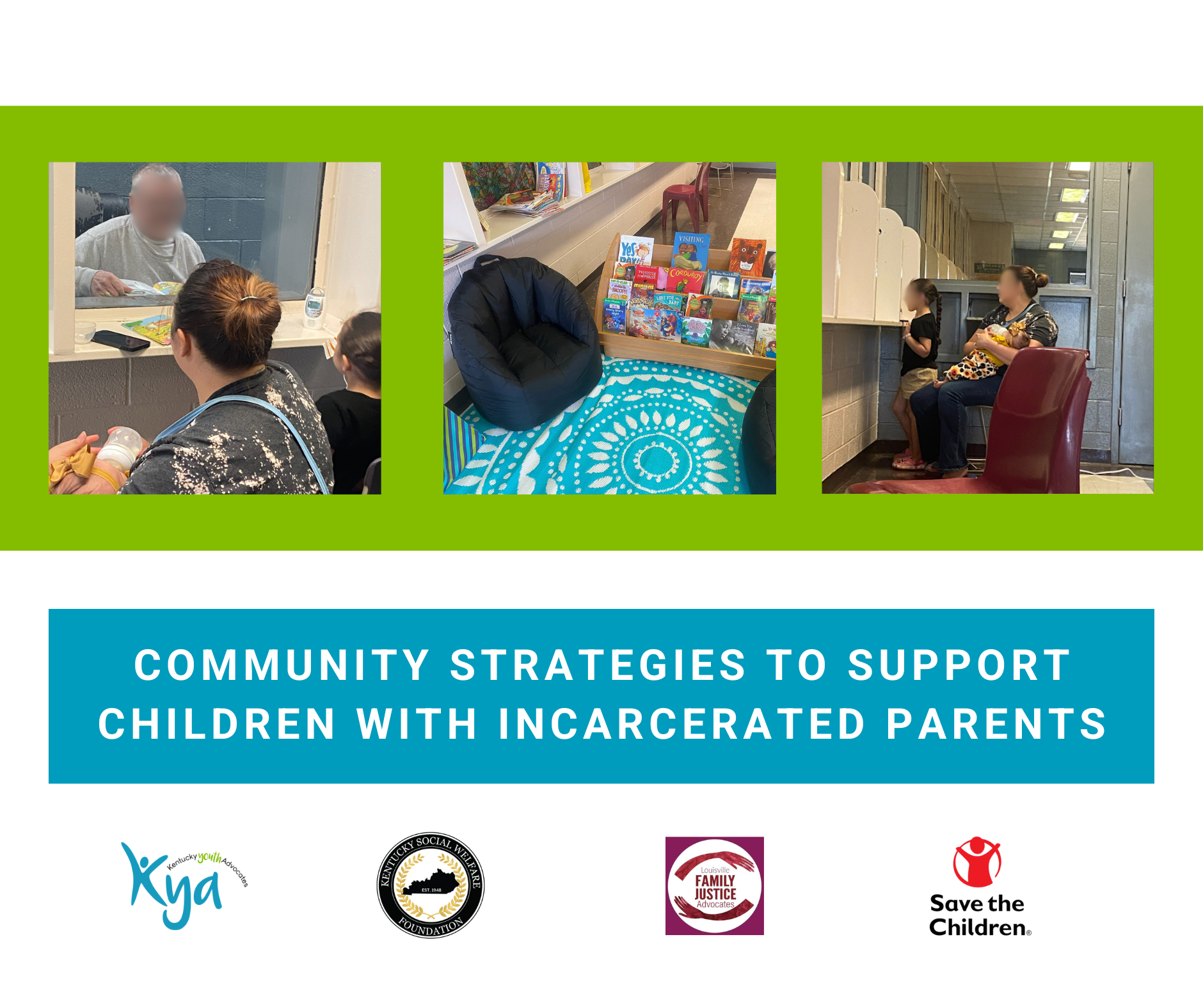 As the days of the 2018 legislative session wind down, the one thing remaining at the top of mind in this budget session is the budget itself. The House of Representatives and the Senate have each passed a version of the budget, and now it sits with a conference committee as they work to iron out their differences, with the final version of the budget expected to be voted on in the coming days.
As the days of the 2018 legislative session wind down, the one thing remaining at the top of mind in this budget session is the budget itself. The House of Representatives and the Senate have each passed a version of the budget, and now it sits with a conference committee as they work to iron out their differences, with the final version of the budget expected to be voted on in the coming days.
A conference committee is typical for budget discussions and involves a group of legislators appointed by the leadership in each chamber to work closely together and determine where the Governor, House, and Senate budget proposals are alike and where they are apart. The committee irons out the differences to create a final revised version that each chamber will vote on again.
As it stands now, the budget is not in its final form, but the final version could be presented and voted on any day. We hope that in negotiations of the final budget, both chambers continue to prioritize kids and families as they move forward. The versions of the budget passed by each chamber include many items that show commitment to Kentucky’s most vulnerable children through needed investments.
Some of the high points for kids included in both the House and Senate executive branch budget proposals include:
- Maintains investments for kinship families
- Maintains investments in the Department for Community Based Services for retention and recruitment of state social workers
- Maintains substance use treatment for pregnant women
- Maintains HANDS funding
- Increases to SEEK funding and restoration of transportation funding
*Check out a deeper dive into these pieces of the executive branch budget below.
As the budget moves forward in the conference committee process, we hope that the final proposal also includes robust supports for relatives who step up to care for kids and reimbursement increases for the child care assistance program to support a strong workforce. Because we know we have critical state investments that this budget wasn’t able to fund, we also welcome the conversation around tax reform to ensure adequate revenue for Kentucky’s future.
While the budget does not go as far as needed in many areas given budget constraints, a deeper look at the budget shows that many investments are being made that are good for Kentucky’s kids, particularly when it comes to ensuring that every child is safe from abuse and that every child has a family.
A Deeper Dive into Current Executive Branch Budget Negotiations
Maintains Investments for Kinship Families
The budget proposed by the governor recommended that funding be allocated to reopen the kinship program that offered financial assistance to relative caregivers who are taking care of their loved ones. Many caregivers are currently doing just that, but many are on limited or fixed incomes that cannot cover the extra costs associated with providing for children. Investing in kinship families ensures some of Kentucky’s most vulnerable children have places to go when they are no long able to stay in their homes due to abuse or neglect.
Maintains Investments in DCBS for Retention and Recruitment of State Social Workers
Social workers are on the front lines of helping improve the lives of children impacted by abuse and neglect. Due to the current funding levels, caseworkers often handle far more cases than recommended, and systems utilized within the Cabinet for Health and Family have needed upgrades that were not fiscally feasible. In each of the proposed budgets, $11-12 million dollars was allocated for DCBS to provide pay increases for existing workers, as well as to recruit new social workers to lessen the caseloads on those who are currently working. The allocations are also intended to help provide technology upgrades for social workers to enable them to do their jobs more effectively. These investments will have a significant impact on our kids, enabling caseworkers to ensure they are always able to prioritize the best interest of kids.
Maintains Substance Use Treatment for Pregnant Women
As Kentucky addresses the ramifications of the opioid epidemic, it is a testament to the leadership in Kentucky that the budget emphasizes the importance of treatment. Included in each of the budgets were provisions allocating $1.5 million dollars each year to be placed towards substance abuse prevention and treatment for pregnant women. Providing avenues for mothers to take in order to get healthy is not only good for them, but also for their children’s healthy development. By addressing the root cause of the issue and treating the disease of addiction, lawmakers have made it clear that they want Kentucky to perhaps be a beacon of light in the otherwise dark national discussion around the opioid epidemic, highlighting the value in treatment, especially for mothers or soon-to-be mothers.
Maintains HANDS Funding
It is often said that becoming a parent does not come with a how-to manual, or that when you have a child it is not like buying a bookshelf at Wal-Mart or Target that comes with tools and directions. It turns out, however, that in Kentucky there is a program that works with new parents to give them the tools and the direction they need in order to be successful. The Health Access Nurturing Development Services (HANDS) program does just that. Recognizing the importance of this program, approximately $12 million dollars was allocated for this and similar programs. By allowing parents to have access to the tools they need to become successful, Kentucky is also laying the groundwork for the children and families to be successful.
Increases to SEEK Funding and Restoration of Transportation Funding
The budgets passed by both chambers Included increases to the SEEK formula, the primary funding source for local school districts. Support for Education Excellence in Kentucky, or SEEK funds, were raised in the budgets proposed by the House and Senate at different levels. The House version of the budget increased SEEK funding to $4,055 per student for the next fiscal year and $4,056 the following year, an increase of $74 dollars per pupil. The Senate version of the budget also increased SEEK funding but at a lower level. The Senate funded SEEK at $3,984 per student for the next fiscal year and $3,985 for the following year, an increase of $3 dollars per pupil. Both budgets also restored transportation funding, following discussions centered around cutting that funding to schools. By funding the transportation in this manner, it ensures that local school districts will not have to shift funding around to cover those cuts.






Leave A Comment